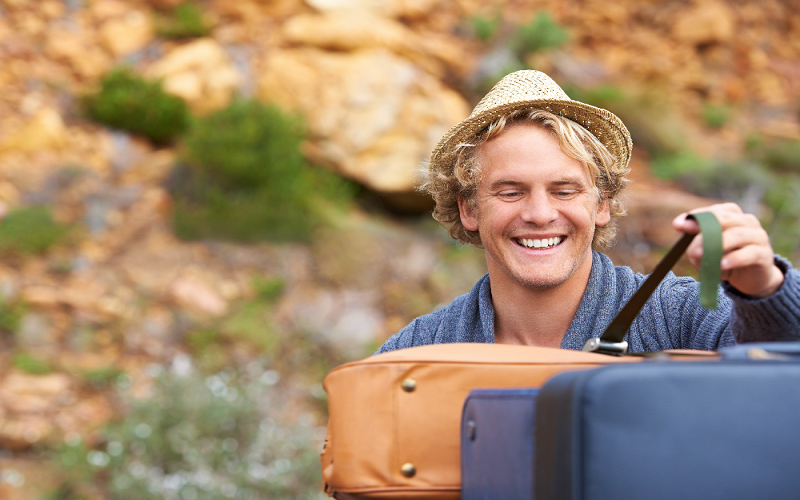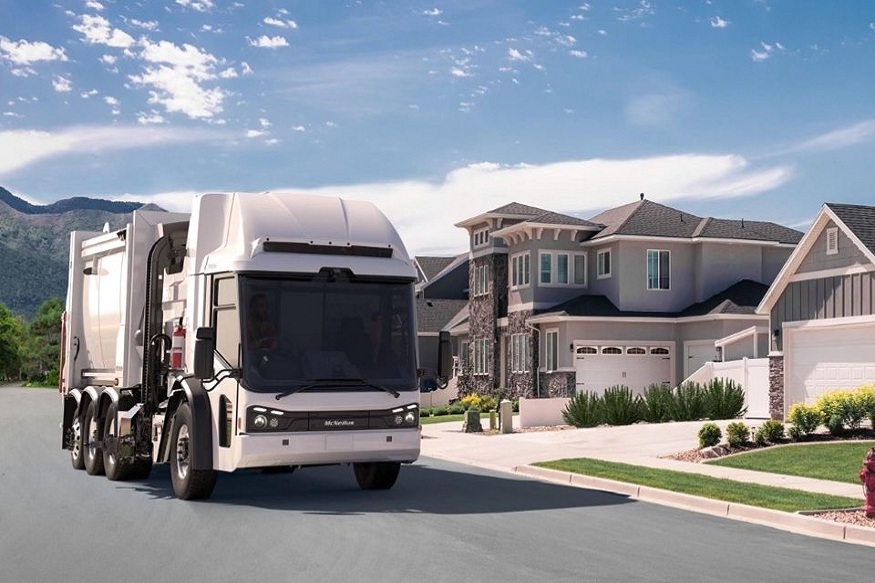The Cam Strap: A Good Tie-Down Option Regardless of the Weather
We have choices when it comes to tie-downs. Whether moving furniture, carrying landscaping supplies, or securing lawn chairs and bikes to an RV, there are tie-downs for every job. My personal favorite is the cam strap. Not only are cam straps durable and versatile, but they also aren’t bothered by the weather.
The weather can be a serious consideration. Any plans to carry cargo in harsh conditions is reason to stop and consider how that cargo will be secured. Ropes are a viable option, but certain conditions make them difficult to use. Bungee cords are rarely a good option, and chains can be overkill. For my money, it all points back to cam straps.
A Webbing Strap With a Buckle
If you are not familiar with the can strap, think of a strap made of polyester or nylon webbing material. On one end of that strap is a buckle. You feed the strap through the buckle just as if you were buckling the belt that holds your pants up. The only difference is that the strap is held in place by a spring-loaded plate with built-in teeth.
The secret to the cam strap’s strength is the same thing that makes it so weather resistant: the webbing material. Most cam straps are made with either polyester or nylon. A few manufacturers prefer canvas. For the purposes of this post, we will focus on polyester and nylon straps.
Both materials are fairly resistant to weather. A bigger concern than a strap itself is the buckle. Plastic buckles can fail under extreme weather conditions, so I always recommend metal. My preferred cam strap brand is Rollercam.
Not Bothered by Heat or Cold
Temperature is one of the first things I think of when discussing cam straps and the weather. I have lived through both sub-zero temperatures and heat eclipsing 100 degrees. Guess what? Polyester and nylon cam straps are not bothered by either extreme. The webbing material does just fine in both the cold and heat.
A cam buckle will do equally well just as long as it is maintained according to the manufacturer’s instructions. Note that some types of cam buckles need a tiny bit of oil every now and again when exposed to winter’s harsh conditions. I am thinking cam buckles exposed to road salt and sand.
Webbing Material Doesn’t Absorb Water
When extreme temperatures are not an issue, water can still be a problem. Rain and wet snow can create challenges for rope, especially if a rope gets saturated. I have observed more than one occasion on which a rope got so saturated with water that it stretched to the point of no longer holding the cargo securely. It had to be loosened and re-tied to keep things snug.
Cam strap webbing material has no such problems with water. The material readily resists water rather than absorbing it. It could rain for the entire length of an eight-hour journey and the webbing in material would still be bone dry upon reaching your destination. By the way, this particular property makes cam straps ideal for rigging a whitewater raft or kayak.
Sunlight Isn’t a Problem, Either
Even sunlight doesn’t bother cam straps all that much. Sunlight can do a number on rubber bungee cords and cheaper kinds of rope. About the only thing it does to cam straps is cause the color to fade. Sunlight will not harm a cam strap’s physical strength and integrity.
We have tie-down options. That much is true. But you can count me among that group of consumers sold on cam straps. I will take them any day.



